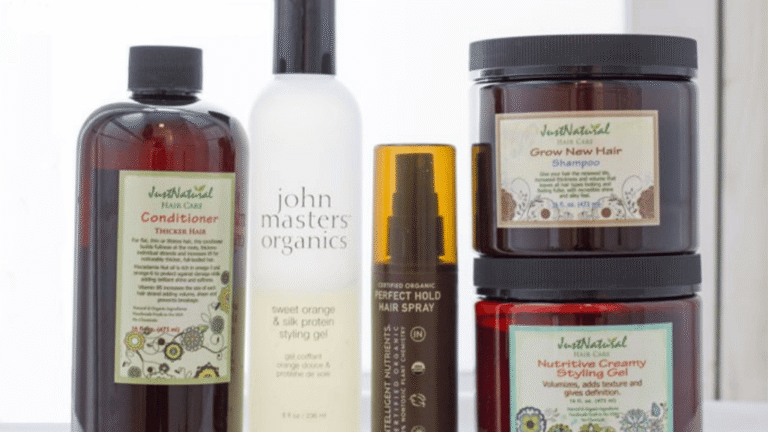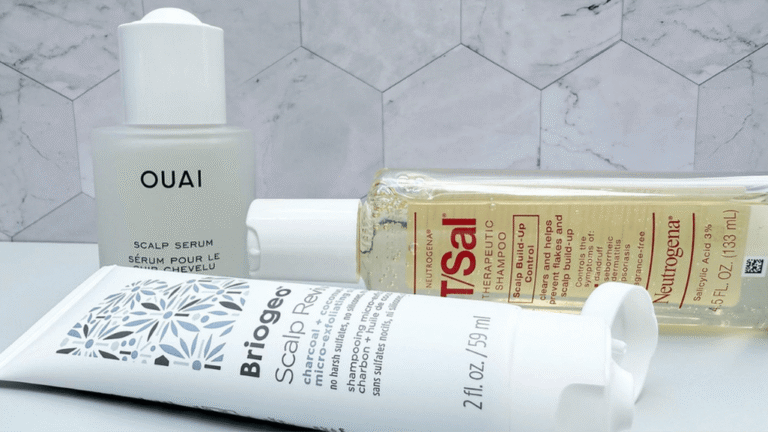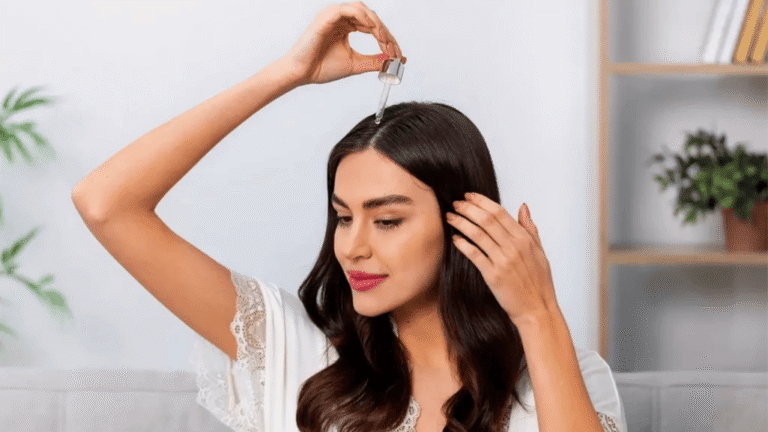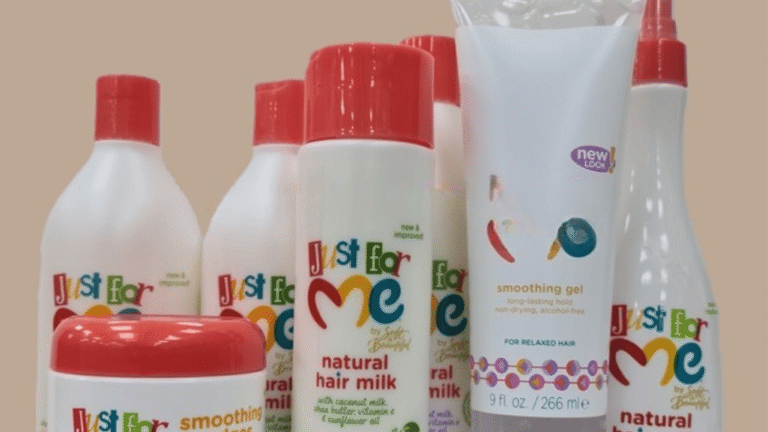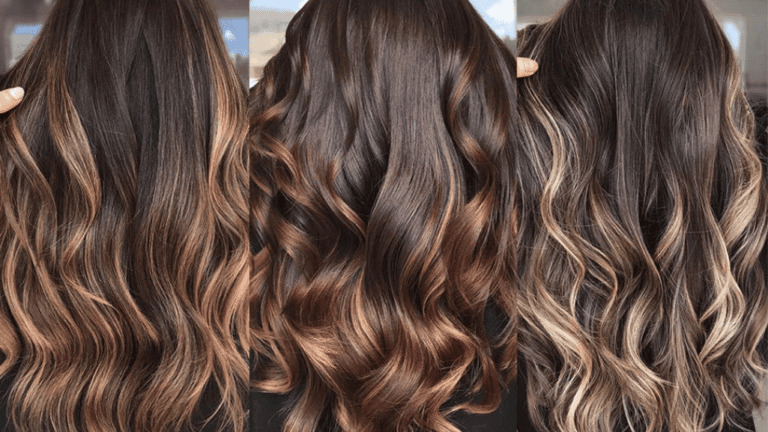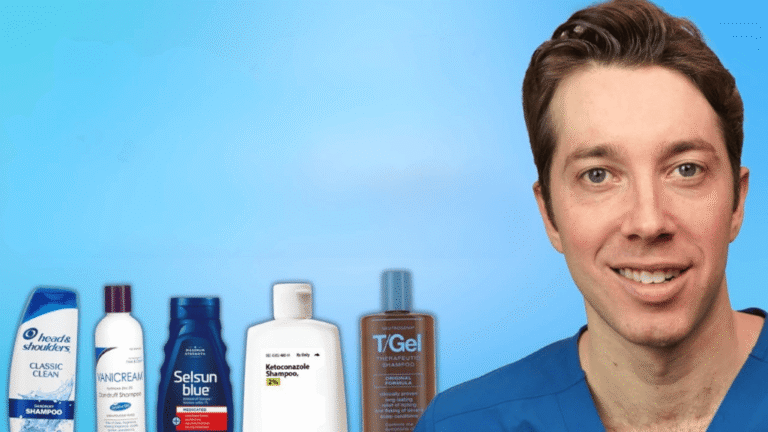Welcome to our ultimate guide to cruelty-free vegan unisex perfumes — a practical resource for anyone who wants ethical, plant-based perfume choices without compromising on scent. Whether you shop for a signature perfume or want to explore gender-neutral fragrances, this guide walks you through clean options, ingredient basics, brand highlights, and even simple DIY recipes so you can make confident, sustainable decisions.
Key Takeaways:
Find a curated range of cruelty-free fragrances that are not tested on animals, so you can choose with compassion.
Learn how plant-based ingredients and refillable or recycled packaging reduce environmental impact and support greener beauty habits.
Discover inclusive, gender-neutral perfumes and how to pick scents that suit any day or occasion.
Compare popular vegan perfume products and brands, and get a quick DIY recipe to create your own natural perfume at home.
Use this guide as a shopping and reference tool — check product pages and ingredient lists before you buy to confirm vegan and cruelty-free claims.
The Benefits of Vegan Unisex Perfumes

Choosing vegan unisex perfumes can upgrade your everyday fragrance routine while aligning with your values:
Key Benefits:
Cruelty-free scents — No animal testing: Choose perfumes from brands that explicitly state they do not test on animals to ensure compassionate purchasing.
Eco-friendly packaging — Refillable bottles and recycled materials: Some companies offer refills or use post-consumer recycled glass and paper to cut packaging waste.
Plant-based fragrance ingredients — Natural essential oils and botanical extracts: These products rely on plant-sourced ingredients rather than animal-derived materials like ambergris or civet.
Safe-for-skin options — Non-toxic formulations: Many vegan perfumes avoid controversial synthetic chemicals; still, always check the ingredient list if you have sensitivities.
Gender-neutral range — Inclusive scents for any day or occasion: Unisex perfumes focus on balanced top, middle, and base notes so anyone can find a signature scent.
Next step: read our brand comparisons and ingredient guide below to find specific products and sample scents that match your style and care priorities.
Understanding Perfume Ingredients

Common animal-derived perfume ingredients (may appear in non-vegan products):
– Ambergris: historically used as a fixative; often replaced today by synthetic or plant-derived stabilizers.
– Musk / civet / castoreum: fragrant animal-sourced materials that brands commonly substitute with synthetic musks or botanical alternatives.
– Honey and beeswax: occasionally used in niche formulations; vegan perfumes avoid these and use plant-sourced sweeteners or resins.
Common vegan-friendly substitutes and natural ingredients to look for:
– Essential oils: bergamot, lavender, jasmine, and citrus oils provide bright top notes.
– Woody bases: sandalwood alternatives (some companies use sustainably sourced wood or synthetic substitutes) and cedar-like accords create lasting depth.
– Resins and absolutes: benzoin, labdanum, and vanilla extract add warm base notes without animal inputs.
About synthetic ingredients and safety: mainstream perfumes may include synthetic aroma chemicals to achieve certain accords or stability. That doesn’t automatically make a product unsafe, but if you prefer non-toxic formulations, prioritize brands that publish full ingredient lists and follow recognized safety guidance (for example IFRA recommendations). If you have sensitivities, check product pages for allergen declarations and patch-test new fragrances on a small area of skin before full application.
Benefits of choosing vegan ingredients in perfume:
– Cruelty-free and vegan cruelty-free claims mean no animal-derived ingredients and (when clearly stated) no animal testing.
– Gentler on skin for many people: plant-based formulas often avoid certain controversial synthetics, which may help those with fragrance sensitivities.
– Environmentally considerate: selecting products that emphasize responsibly sourced botanicals and responsible manufacturing can reduce the wider environmental impact of a product line.
Practical tips: when comparing brands and products, scan ingredient lists for familiar essential oils (citrus, bergamot, vanilla) and note any mention of sustainable sourcing or third-party certifications. This will help you pick perfumes that match your scent preferences and your care for animals and the environment.
Popular Vegan Unisex Perfume Brands

Ariana Grande
Known for pop-inspired, sweet fragrances, the Ariana Grande perfume line includes many cruelty-free formulations. The collection tends toward gourmand and vanilla-forward scents that are widely available at mainstream shops.
Clean Beauty Collective
Clean Beauty Collective focuses on non-toxic fragrance formulations and transparency. The brand highlights responsibly sourced ingredients and emphasizes safer ingredient lists for shoppers who prioritize clean beauty.
Dossier
Dossier offers affordable, fragrance-forward products that often reference classic scent families. Many of their perfumes are marketed as vegan and cruelty-free, positioning the brand as an accessible option for those seeking gender-neutral fragrances.
Ellis Brooklyn
Ellis Brooklyn is recognized for a natural, sustainable approach and handcrafted-feel fragrances. The brand highlights eco-conscious sourcing and a range of gender-neutral scents made with plant-forward ingredients.
Le Labo
Le Labo is a luxury fragrance company known for artisanal, ingredient-driven perfumes and a selective refill program in some locations. While they emphasize craftsmanship and high-quality materials, check individual product lines for vegan status.
Pacifica Beauty
Pacifica Beauty is a mass-market clean-beauty company with a broad range of vegan perfumes and body fragrances. Their collection tends to be scent-forward and accessible, with many products clearly labeled as vegan.
Phlur
Phlur is a niche brand that emphasizes gender-neutral fragrances and sustainability in packaging. The brand markets several vegan, cruelty-free perfume options and highlights clean ingredient choices in many of its scents.
The Body Shop
The Body Shop has a long-standing brand commitment to cruelty-free products and announced plans to expand vegan offerings across many lines. Availability of fully vegan items varies by product and region, so verify the product page for current details.
Comparison of Popular Vegan Unisex Perfume Brands
Brand Cruelty-Free Non-Toxic Gender-Neutral Options Natural Ingredients
Ariana Grande ✅ ✅ ❌ ❌
Clean Beauty Collective ✅ ✅ ❌ ✅
Dossier ✅ ✅ ✅ ❌
Ellis Brooklyn ✅ ✅ ✅ ✅
Le Labo ✅ ✅ ✅ ✅
Pacifica Beauty ✅ ✅ ✅ ✅
Phlur ✅ ✅ ✅ ✅
The Body Shop ✅ ✅ ✅ ✅
As shown above, each brand and product line presents a different balance of vegan-friendly formulation, fragrance style, and sustainability features like refillable packaging. When choosing a perfume, check the company page for ingredient lists, look for explicit vegan or cruelty-free certification, and note whether a brand highlights natural extracts like vanilla or amber in specific scent lines.
Making Your Own Vegan Perfume
DIY Vegan Perfume
Want a signature perfume that’s uniquely yours and aligned with vegan values? Making your own vegan perfume is an easy, rewarding way to experiment with natural fragrances and learn how scent structures work. With a few pantry-safe base oils and a handful of essential oils, you can craft lasting blends that smell great and avoid animal-derived ingredients.
Why DIY Vegan Perfumes?
DIY perfume is popular because it gives you full control over ingredients and lets you avoid controversial synthetics or animal-derived materials. Homemade fragrances let you test combinations of citrus, floral, woody, and vanilla notes to suit your taste, and they make thoughtful, personalized gifts.
Basic ingredients you’ll need:
– Essential oils (top/middle/base): bergamot or other citrus for brightness; lavender or jasmine for heart notes; vanilla, benzoin, or sandalwood for base depth.
– Carrier/base oil: jojoba is preferred because it’s stable and skin-friendly; sweet almond or fractionated coconut oil also work (avoid if you have nut allergies).
– High-proof alcohol (optional): perfumer’s alcohol or vodka can be used when you want a sprayable eau de parfum-style product.
Simple starter recipe (small batch):
– 10 ml jojoba oil (or 10 ml vodka for sprayable perfume)
– 25 drops total essential oils in a 3:5:2 top:middle:base ratio (example: 9 drops bergamot, 15 drops lavender, 1–2 drops vanilla absolute)
– Mix and let rest for 48–72 hours (longer maturation—2–4 weeks—deepens the scent).
Safety and practical tips:
– Dilution: Never apply undiluted essential oils to skin. For a leave-on perfume, aim for 2–5% total essential oil concentration in your carrier (roughly 10–25 drops per 10 ml).
– Patch test: Apply a small amount to the inner wrist and wait 24 hours to check for irritation.
– Storage: Keep your homemade perfume in dark glass bottles, stored in a cool, dark place; label with ingredients and date. Expect a shelf life of 1–2 years depending on ingredients and storage.
Create Your Unique Scent
Start by choosing one dominant note (citrus or vanilla, for example), then build supporting middle and base notes. Experiment in small batches, record your ratios, and adjust until you find a scent you love. This way you’ll learn how different fragrance elements behave on your body and across a day.
Ready to try it? Gather a few essential oils, a carrier, and small glass vials — and follow the simple recipe above to make your first vegan perfume product. If you enjoy it, expand into more complex blends or scale up to create a sprayable eau de parfum to share or sell.
Exploring Non-Toxic Perfume Options
As awareness of ingredient transparency grows, non-toxic perfumes have become a mainstream option for shoppers who want cleaner fragrance choices. “Non-toxic” typically means the product avoids certain controversial synthetic chemicals and emphasizes natural or well-studied ingredients — but definitions vary, so it’s important to read labels and company pages before you buy.
Natural vs. non-toxic vs. safe synthetics:
– Natural: ingredients derived from plants or minerals (essential oils, absolutes, botanical extracts).
– Non-toxic: a marketing term that usually indicates avoidance of specific potentially problematic chemicals; check whether the brand lists which substances it excludes.
– Safe synthetics: some companies use lab-made aroma chemicals that they consider safer or more sustainable than wild-harvested botanicals; these can be preferable in some cases but are still synthetic.
Quick checklist for spotting genuinely non-toxic perfumes:
– Transparent ingredient list on the product page or packaging.
– Third-party certifications or clear exclusion lists (e.g., phthalate-free, paraben-free).
– Use of essential-oil-forward or plant-based formulations when you prefer natural ingredients.
Examples of clean fragrance companies to explore (verify individual products):
1. Phlur — a gender-neutral company focused on sustainability and cleaner formulations.
2. Ellis Brooklyn — known for plant-forward blends and attention to ingredient quality.
3. Le Labo — a luxury fragrance house that emphasizes high-quality materials; check individual lines for natural-forward formulations.
4. Clean Beauty Collective — a brand built around non-toxic product principles and ingredient transparency.
Final notes: opting for non-toxic perfumes can reduce your exposure to certain synthetic chemicals and support more transparent beauty practices, but it won’t automatically make a product safer for everyone. Always check product pages and ingredient lists for the specific product you’re considering, and patch-test new perfumes if you have sensitivities. Shop with both scent preference and ingredients in mind to find a product that fits your values and your daily routine.
Conclusion

Beyond animal welfare, many vegan perfume lines emphasize plant-based ingredients and improved packaging choices (refillable bottles, recycled materials) that can reduce waste and support cleaner beauty practices. That said, sustainability claims vary by company and product line, so always check the product page and ingredient list for specifics.
With a wide range of perfumes available — floral, woody, citrusy, gourmand (vanilla/amber) — there’s a vegan option for nearly every taste. Use the brand comparisons and ingredient guide above to narrow your search, and consider trying a small sample or a DIY blend to find the way a scent interacts with your body over the course of a day.
Frequently Asked Questions
What are vegan unisex perfumes?
Vegan unisex perfumes are fragrance products that contain no animal-derived ingredients and are marketed as suitable for people of all genders. Verify whether a perfume is vegan and cruelty-free by checking the brand’s labeling and product page.
Why choose vegan unisex perfumes?
They help you avoid animal-derived ingredients and support brands that promise no animal testing; many also prioritize cleaner ingredients and greener packaging.
What should I look for when buying?
Scan ingredient lists for familiar botanicals (citrus, vanilla, amber) and check for transparency on the product page. Look for third-party certifications or explicit vegan/cruelty-free statements from the company or brand.
Can I make my own?
Yes — DIY perfume is an accessible way to create personalized, plant-based fragrances. See our DIY section for a simple starter recipe, dilution and safety tips, and storage guidance.
Are there truly non-toxic perfume options?
Some brands prioritize non-toxic formulations and publish ingredient exclusion lists. “Non-toxic” isn’t a regulated term, so use the checklist in this guide to evaluate products and always patch-test if you have sensitivities.
Next steps: try samples from a few vetted brands, check product pages for ingredients and packaging details, or craft a small DIY perfume to discover which scents and formats work best for your daily routine. For more, return to the sections on ingredients, brands, and DIY blends above to find products and recipes that match your preferences.


